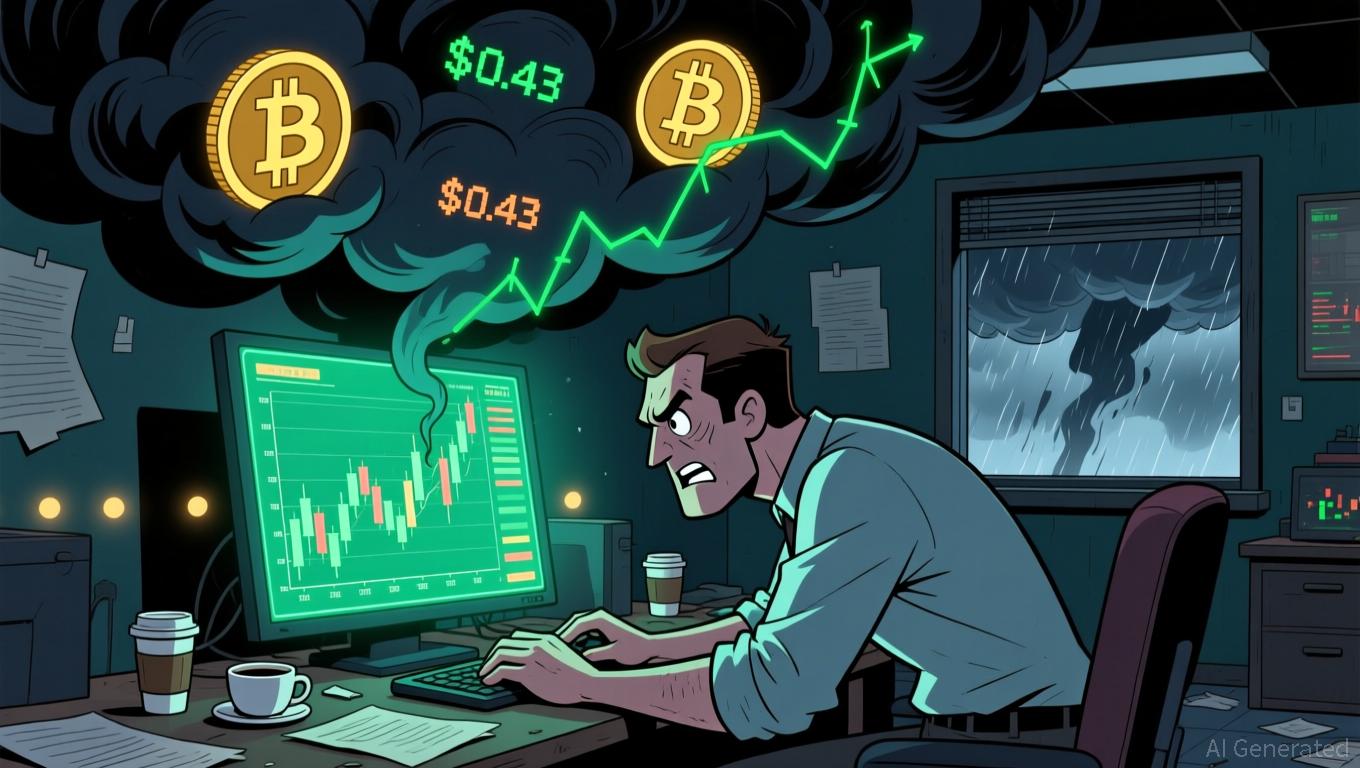Tether fires back at S&P after USDT downgraded to weakest score
Key Takeaways
- S&P downgraded USDT’s stability score due to reserve risk and lack of full transparency.
- Tether responded with a sweeping defense of its reserves, profitability, and systemic relevance in emerging markets
Share this article
Tether has pushed back against S&P Global Ratings after the agency downgraded USDT’s stability score to 5, its lowest level, citing exposure to risky assets like Bitcoin and lack of reserve clarity.
Tether called the downgrade misguided and based on a legacy framework that ignores the stablecoin’s track record and real-world use. It noted USDT has never failed a redemption, even during crises, and continues to process billions in volume daily across major exchanges and DeFi platforms.
The company emphasized its $135 billion in Treasury exposure, placing it among the top global holders, and cited over $13 billion in profit in 2024 and $10 billion year-to-date in 2025 as evidence of its strength.
It also underscored USDT’s global role as financial infrastructure in emerging markets like Türkiye and Nigeria, not just a speculative token.
CEO Paolo Ardoino dismissed the rating as legacy finance propaganda, posting, “We wear your loathing with pride,” and challenged S&P to assess USDT using transparent, on-chain data rather than outdated models.
Disclaimer: The content of this article solely reflects the author's opinion and does not represent the platform in any capacity. This article is not intended to serve as a reference for making investment decisions.
You may also like
Bolivia Turns to Stablecoins to Address Inflation and Currency Instability
- Bolivia legalizes stablecoin integration into banking , allowing crypto-based accounts and loans to combat inflation and currency devaluation. - Crypto transaction volumes surged 530% in 2025, driven by $15B in stablecoin use as businesses adopt USDT for cross-border payments. - Policy mirrors regional trends, with stablecoins recognized as legal tender to stabilize the boliviano amid 22% annual inflation and dollar shortages. - Challenges include AML safeguards, tax frameworks, and public trust, as regu

Bitcoin Updates: Bitcoin's Decline Sparks Altcoin Battle: ADA's $0.43 Support Faces Pressure
- ADA holds $0.43 support as Bitcoin’s seven-month low of $80,000 pressures altcoin market volatility. - Altcoin fragility stems from Fed’s high-rate signals, reduced institutional inflows, and technical breakdowns in key resistance levels. - Bitcoin’s $90,000 support breach triggered cascading liquidations, while ADA’s $0.43 level shows increased on-chain accumulation. - Infrastructure innovations like GeekStake’s staking protocol aim to stabilize networks during volatility without price forecasts. - Mark

Bolivia’s Digital Currency Bet: Navigating Volatility with Stable Solutions
- Bolivia's government permits banks to custody cryptocurrencies and offer crypto-based services, reversing a 2020 ban to combat inflation and dollar shortages. - Stablecoin transactions surged 530% in 2025, with $14.8B processed as Bolivians use USDT to hedge against boliviano depreciation (22% annual inflation). - State-owned YPFB and automakers like Toyota now accept crypto payments, while Banco Bisa launches stablecoin custody to expand financial inclusion for unbanked populations. - The policy faces c

Switzerland's Postponement of Crypto Tax Highlights Worldwide Regulatory Stalemate
- Switzerland delays crypto tax data sharing until 2027 due to ongoing political negotiations over OECD CARF partner jurisdictions. - Revised rules require crypto providers to register and report client data by 2026, but cross-border data exchange remains inactive until 2027. - Global alignment challenges exclude major economies like the U.S., China, and Saudi Arabia from initial data-sharing agreements. - Domestic legal framework passed in 2025, but partner jurisdiction negotiations delay implementation u


